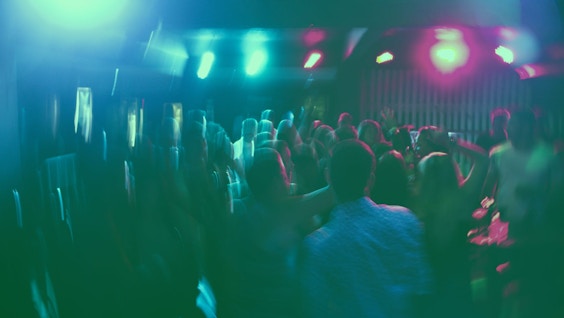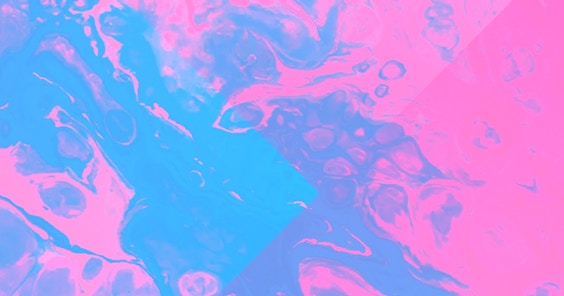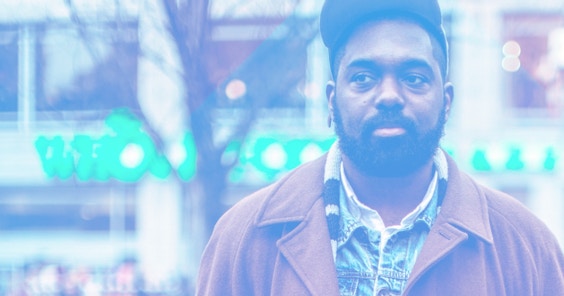I Am Sober is a free app that helps you get some control back in your life.

How To Stop Drinking On Your Own
Last Updated: Tue, January 23, 2024If you want to quit drinking on your own, you’ve already started yourself on the right path. People suffering from alcohol use disorder (AUD) rarely admit outright they have problem. If you’ve concluded you need to stop drinking, then you’re already in the right mindset to give up alcohol for life. Celebrate that victory – it’s bigger than you think.
Find A Confidant
Now, if you’re going to quit drinking on your own, the next thing you need is a dependable, support system to help you. Whether this is friends, family, a spouse, co-workers or neighbors.
You need to have people nearby who are willing to help you because going through withdrawal and cravings is not easy, especially not when you’re programmed to believe alcohol is as necessary as food or water. It may be ironic, but if you’re going to quit drinking on your own, you’re going to need a confidant and ideally more than one.
This person doesn’t need to “babysit” you, but especially when you first quit, you’ll need someone to know what you’re going through. Depending on how long you’ve been drinking and how heavily you’ve been drinking, you may suffer some severe (and potentially life-threatening) withdrawal symptoms.
If someone close to you knows you’re going through this, they may be able to help you through it. What’s more, they’re someone who will understand and help you work through it.
Where you really need support is getting sober. Ultimately, staying sober becomes your independent journey.
Research
Once you’ve found your confidant, trust is incredibly important. Research alcohol use disorder together so you both understand what you’re dealing with and what to expect.
Again, when you’ve become so dependent on alcohol that your body needs it like food, you’re going to feel starved; you’re going to feel like you’re dying. If you both know to expect that, it’ll be far easier to manage and no one will be caught off guard.
Identify Your Triggers
Get in tune with your emotions and impulses. Identify when you feel a craving, think about what it feels like physically, and determine what sparked that craving. Think about what you were doing, where you were going or who you were with.
If you’re going to quit drinking on your own, you’re going to need to monitor your triggers; things that cause you to ¬want to drink or think about drinking. If you’ve never thought about this before, imagine how when you hear a song, it can remind you of a movie you saw that song in, which in turn makes you think of other contextual memories surrounding the movie (such as who you were with).
When you’ve spent a great majority of your past addicted to alcohol, anything could be a trigger, so recognize them when they occur and try to bring yourself to the present. Avoid triggers as much as possible.
Celebrate Short-Term Rewards
So much of alcohol addiction is relying on our impulsive mind rather than the deliberate; short term over long term. Because we need to reprogram our brains to have a better balance, but also to learn new routines, it’s important to feed it (and yourself) some short-term rewards. This means celebrating your achievements. Give yourself credit for a day sober. Give yourself credit for two. When you push yourself to a week, get your favorite food. When you make it a month, have your support system throw a party.
In a lot of ways, you need to “dangle a carrot” in front of you to encourage yourself to keep going. It’s one of the reasons, our app helps you celebrate sober achievements.
Consider Rehab Treatment
Typically, when someone wants to know how to quit drinking by themselves, they’re really asking, “how can I quit drinking without attending AA” or “how can I quit without going to rehab”. People addicted to alcohol may not like the messaging involved with Alcoholics Anonymous or the expense of rehab. While there are plenty of other support groups that are not religious, rehab is a little different.
Rehab can be expensive, but when you’re weighing the cost of a treatment center against your livelihood, it shouldn’t be a contest. Quitting alcohol is not a matter of clearing out your fridge of liquor, it’s a lifelong rebalancing act. With that in mind, treatment centers and rehabilitation can’t be overstated.
Quitting Drinking With Rehab
For many people, their bodies are dependent on alcohol. One of the main reasons withdrawal occurs for people who give up drinking is because the alcohol suppressed key chemicals in the brain, forcing the brain work twice as hard to produce the same amount.
So when you stop drinking, instead of immediately balancing out, the brain thinks it’s being deprived of this necessary substance, so instead of relaxing, the brain thinks it needs to work harder. This is what causes withdrawal, and severe alcohol withdrawal symptoms at that: Delirium Tremens (DT), hallucinations and even seizures.
Consider all of your options. It often takes more than one person to help someone quit drinking, but it can be done. Try downloading our app as a 24 hour sober companion that also features nearby rehabilitation centers if you need additional help.
The Straight & Narrow Is Anything But
We’d like to believe the fastest way to get from point A (where you are now) to point B (sobriety) is a straight line, but that road is less certain. You’re not just reprogramming your impulsive and deliberate brain, but also your habits and routine while trying to avoid triggers, memories, and nostalgia.
It’s not a straight line, it requires inconvenient backroads and lengthy detours, but that doesn’t mean you can’t try to enjoy the scenery.
Getting sober permanently means navigating your life as dexterously as though you’re trying to recreate the Sistine Chapel on an Etch A Sketch. It’s not easy, it’s daunting (af) but that’s what makes it worth it.
I Am Sober is a free app that helps you get some control back in your life.




